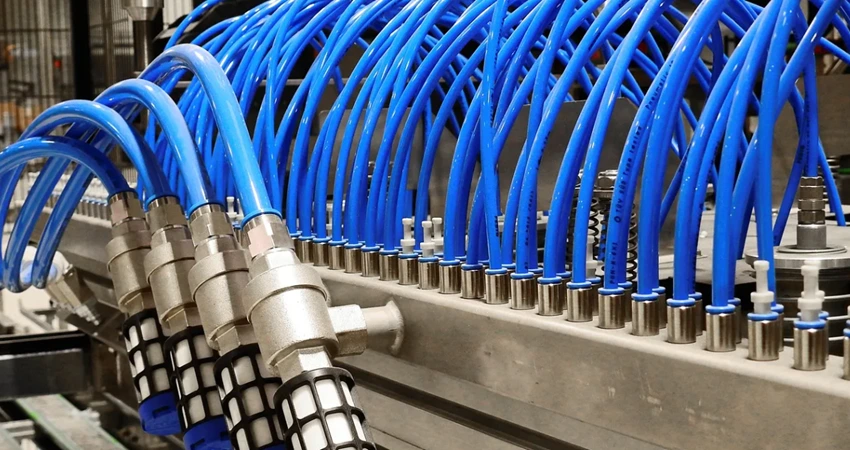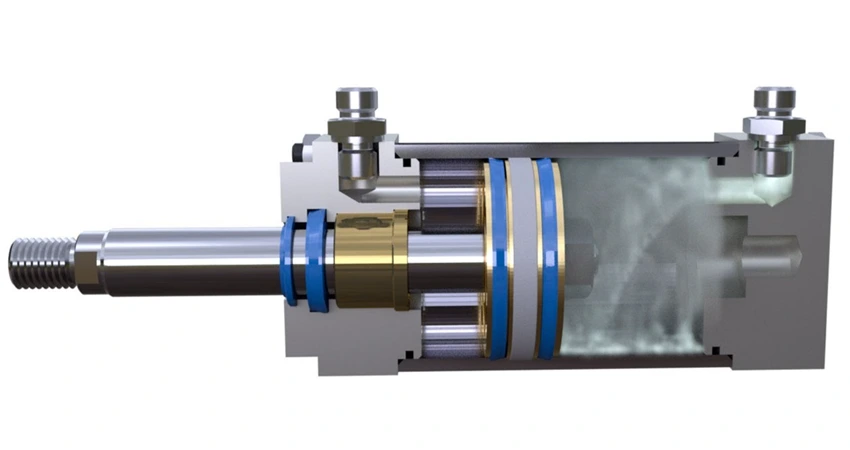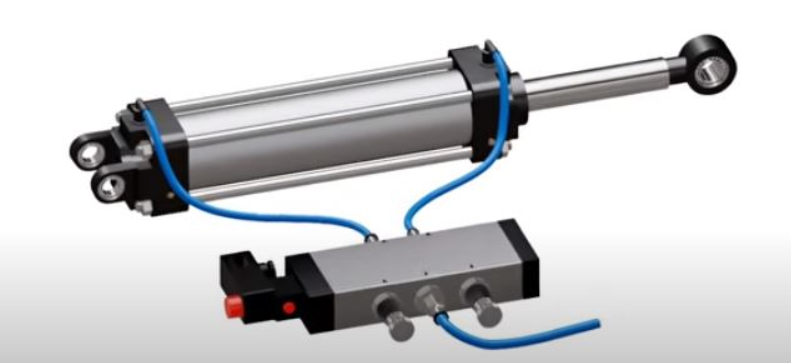BASIC CONCEPTS OF TQM
A successful TQM programme requires the following six basic concepts.
|
1.Top management commitment: Top management should participate and completely involve in the total quality programme. They should ensure their complete commitment to the approach through management meetings, company magazines or newsletters. Also, top management should make sure that everybody within the organisation from top to bottom is communicated about the TQM programme.
|
|
2. Focus on the customer: Achieving customer satisfaction is the heart of TQM. Customers include both internal and external customers. So focus on the customer is the key for any TQM programme.
|
|
3. Effective involvement and utilisation of the entire work force: This concept is sometimes referred as ‘principle of employees involvement’ or ‘respect for people’. TQM is a team work. Total quality recognises that each person is responsible for the quality of his work and for the work of the group. All persons must be trained in TQM, Statistical Process Control (SPC), and other appropriate quality improvement skills so that they can effectively participate on quality teams.
|
|
4. Continuous improvement: TQM is based on the quest for progress and improvement. TQM believes that there is always a better way of doing things, way to make better use of the company’s total quality resources, a way to be more productive. For this purpose various quality tools and techniques may be used.
|
|
5. Treating suppliers as partners: Since the suppliers influence the company’s quality, therefore a partnering relationship should be developed between the management and the suppliers.
|
|
6. Establishing performance measures for the processes: As we know, quantitative data are necessary to measure the continuous quality improvement activity. Therefore performance measures such as uptime, productivity, sales turnover, absenteeism, percent non-conforming, customer satisfaction, etc., should be determined for each functional area. These results can be used for further improvement activities.
|
TQM Culture Vs Traditional Culture
The implementation of TQM in an organisation requires a substantial cultural change from the previous state of culture. Table 1. depicts how the TQM culture differs from the traditional state of mind, with respect to quality elements (Source: Dale Besterfield).
Table 1. TQM culture Vs. Traditional culture
| Quality element | Traditional culture | TQM culture |
| Definition | Product-oriented | Customer-oriented |
| Priority order | Second to service and cost |
First among equals of service and cost
|
| Decisions | Short-term | Long-term |
| Emphasis | Detection | Prevention |
| Errors | Operations | System |
| Responsibility | Quality control | Everyone |
| Problem solving | Managers | Teams |
| Procurement | Price | Life – cycle costs, partnership |
| Manager’s role | Plan, assign, control and enforce | Delegate, coach, facilitate, and mentor |
| Read More Topics |
| List the dimensions of service quality |
| Describe the various contributions of Deming |
| High energy rate forming process |






